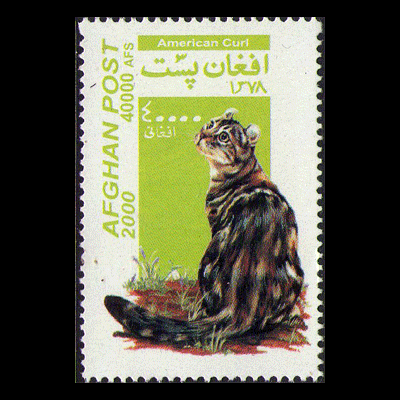
Assisted feeding for cats
Nutritional support to help cats feed
source: Martha Cannon
Veterinary Practice Nurse vol 13 no 4, Winter 2001
starts p4, 4 pages long
Nutritional support helps cats to recover from illnesses and operations, and some cats may not survive at all without such support, which is usually easy and cheap to provide. Cats may benefit from nutritional support if they are eating less or losing weight. Cats can be tempted to eat by warming food, and they may prefer home-cooked food. They should be given just a little food, which is taken away if the cat does not want to eat, with fresh food given later. Cats should preferably have peace and quiet for their meals, with no barking dogs nearby.
Some drugs may help promote appetite, and they include diazepam injections, and cyproheptadine. Diazepam given by mouth has little or no effect on cats' appetites. Syringe feeding is another short-term option, but it can be stressful for the cat, and cats can suffer from inhalation pneumonia if they resist force feeding. Enteral nutrition involves feeding through a tube, with a liquid food appropriate for cats. This can initially lead to diarrhoea, and diluting the feed at first is a way of preventing this problem. Parenteral nutrition involves feeding through a vein, and is only used when pets cannot eat normally, since it can lead to infections, and is very expensive.
There are different types of feeding tubes using different routes. The most common are naso-oesophagal tubes, which are used for short-term feeding, and gastronomy tubes, used over the longer term. All tube feeding can have complications, such as obstructions in the tube, infections and discharges from the site where the tube enters the cat, and diarrhoea. The article discusses enteral feeding in greater detail.
CA,HD


